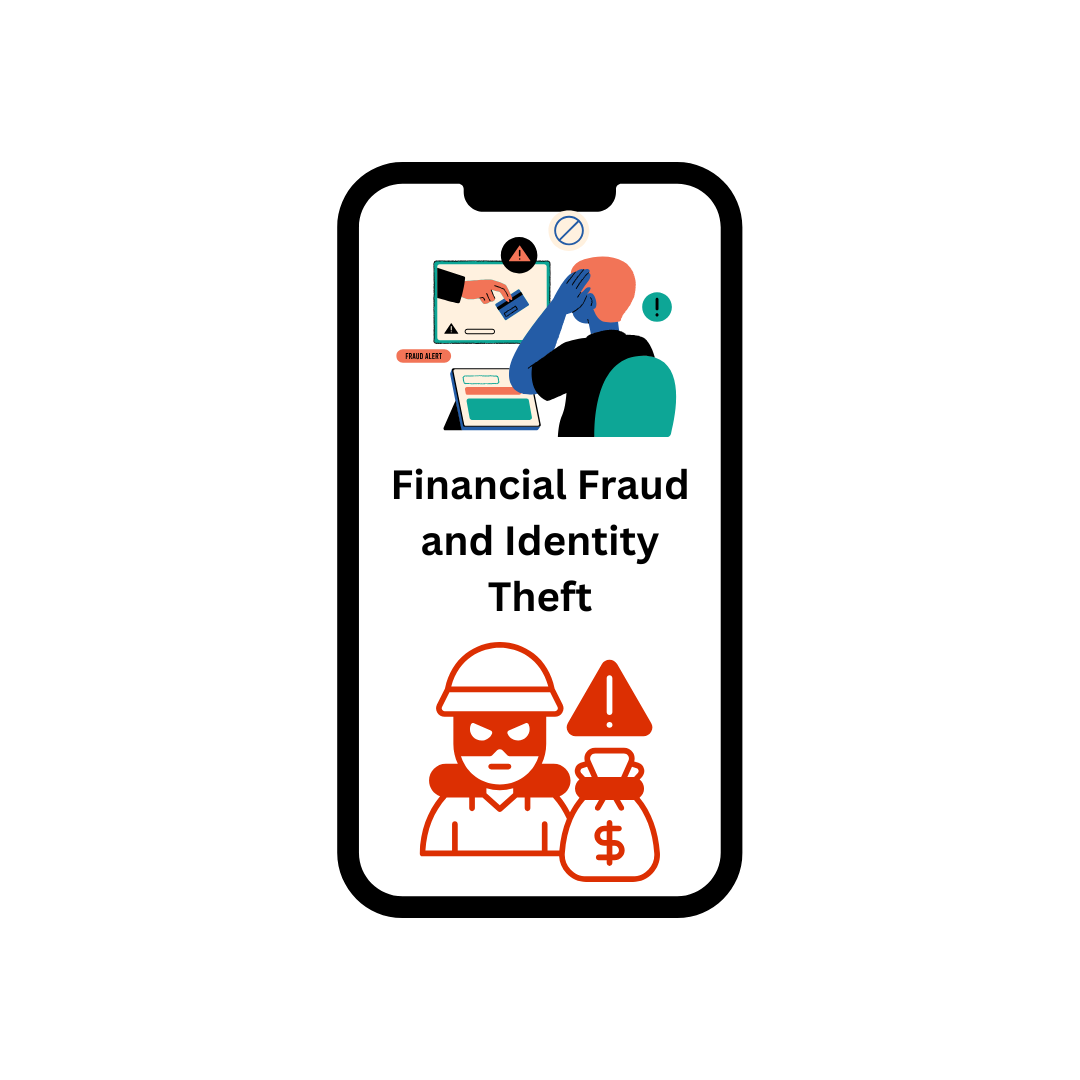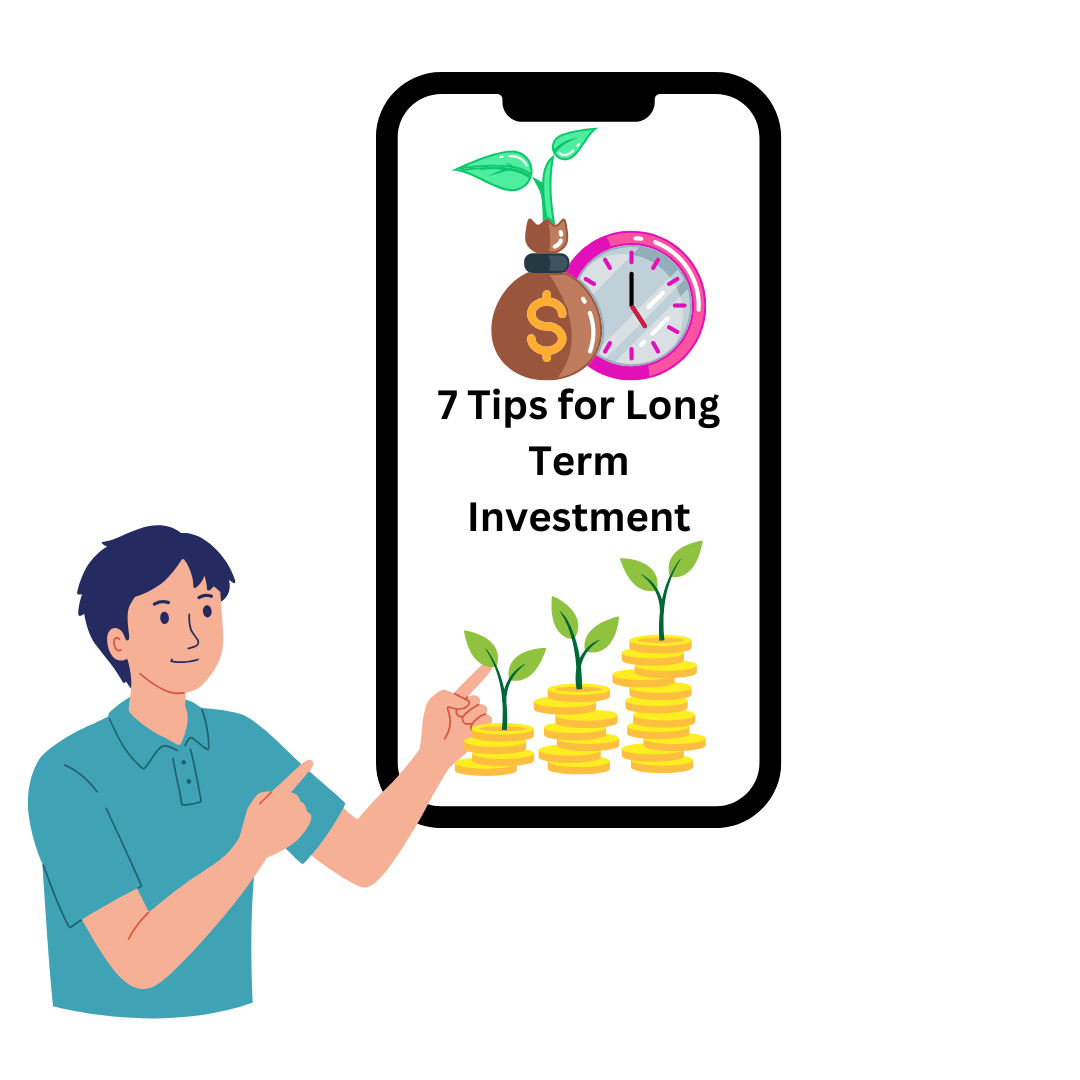Introduction
Emergency Funds are Funds needed during unexpected financial emergencies. These expenses can be unplanned expenses like unexpected medical bill, loss of income and these expenses hit at the worst times.
What is Emergency Funds?
An emergency fund is the essential corpus fund that one should keep aside to tackle financial problems that arise due to uncertain events. It is a safety amount which protects oneself from unforeseen emergencies. These funds should be used only during the crisis and not for regular expenditures. Emergencies can be in any form like medical emergencies or unemployment or damage caused to any of the belongings.
Content defining what is Emergency Funds
“An Emergency Fund is a cash reserve that’s specifically set aside for unplanned expenses or financial emergencies.”
Understanding Emergency Funds
Emergency Funds are funds which are put aside to be used during financial hardship. The emergencies include loss of job, illness, major repairs to properties or any economic crisis such as Covid 19 lockdown. The best size of emergency fund depends on number of factors such as lifestyle , debts. Circumstances of any individual depends upon the savings level with which one individual is comfortable.
According to most financial planners, an emergency fund must contain enough funds to cover between three to six months expenses. These funds should be typically liquid asset such as overnight liquid mutual funds, savings account, money market instruments etc. The primary objective of these funds should not be wealth appreciation but safety and liquidity.
Features of a Good Emergency Fund
An emergency fund serves as a financial buffer against unexpected events. You may fund it with cash left over from your salaries and tax refunds. Here are a few essential components of an emergency fund:
1) Security
The emergency fund should be built through low-risk investments. It’s better not put your money into high-risk market-linked shares, futures, or options. Investing in short-term fixed-income instruments and bonds with assured yields and low credit and interest risks will do better.
2) Liquidity
It’s critical that these funds be conveniently available and can be utilised in an emergency and it is therefore suggested to invest these in liquid mutual funds.
3) Set Not In Asset Category
Emergency funds must always be viewed as a financial cushion, not as an Asset. As a result, keep your assets separate from your emergency fund.
How to Build an Emergency Account
Emergency funds are not build overnight. Below mentioned are few steps to build up emergency funds. Building up savings is easier when a certain amount is set aside every month.
1. Calculate Monthly expenses :
An individual must pre decide what are the expenses incurred every month and then plan how much amount can be set aside.
2. Set a Goal
Having a specific goal for savings helps the individual to stay motivated. Establishing emergency fund helps to achieve goals and helps you stay in track. Using savings planning tool helps to calculate how long it will take to reach the goal. Based on how much money you are able to set aside.
3. Create system for making consistent contributions
There are number of ways to save, such as automatic recurring transfers is often one of the easiest. It may also be that a specific amount is set aside each day week or payday period. A certain specific amount should be added to such system and if any additional amount can be contributed it will increase the savings amount.
4. Regularly Monitor the progress
An individual must regularly check the progress through automatic notifications of the account balance or writing down a running total of your contributions finding a way to watch your progress can offer gratification.
How much should I have in an emergency fund?
The amount of savings differ from person to person. It depends on the living expenses but the general thumb is to eventually save three to six months of living expenses.
Importance of Having an Emergency Fund
Accidents can happen at any time, causing us to incur costs, one of which is monetary. If we put money aside to build a financial backup specifically for such unforeseen circumstances, we may better prepare ourselves to meet our obligations. The following are some of the reasons why having an such a fund is beneficial:-
A} The first and most important advantage of an emergency fund is that it can come in handy in times of financial difficulty.
B} With an emergency fund on hand, you can play a critical role in avoiding a debt trap during a financial crisis.
C} Having an emergency fund helps with managing money better and knowing the differences between needs and wants.
D} Having an emergency fund prepares you mentally to deal with unforeseen situations and reduces stress during financial difficulties.
Be it debt trap, mortgaging existing assets, or redeeming from future securities like retirement funds Having an Emergency fund is crucial in tackling such difficult situations and they also provide a level of security and help reduce unnecessary spendings and manage money better.
Long-term emergency funds
As a general rule of thumb long term emergency savings should ideally equal three to six months of living expenses saved. It’s a large sum of money, and it may seem possible to accumulate. Creating a solid budget to identify what your expenses are will help the individual to understand how much money should be saved. Situations such as unemployment or pandemic affect the economy for an extended period of time. This situation is not expected in near term but in long term it might occur.
Short-term emergency funds
Short Term emergency funds are used for emergencies and is immediately accessible. For example if you face shortage to pay insurance premiums, EMI for loan or any small repairing work at your home. In such a situation short term emergency funds are useful.
How can I create an emergency fund if I am living paycheck to paycheck?
Paycheck to Paycheck is an expression describing an individual who would be unable to meet financial obligations if unemployed. It refers to a situation where an individual or household relies on their regular paycheck to meet their expenses and financial obligations, with very little or no savings left over. This means if something unexpected happens, such as car repair or medical emergency these individuals do not have resources to cover the cost and may borrow money or go into debt to pay for it.
In such a situation a person can create emergency fund through following methods: –
1. Pick Up a Side Job
The best way to create an emergency savings account when living paycheck to paycheck is get a side job. Another side job means another paycheck and savings as emergency fund. If there is additional time and capacity to do additional job one must do so for emergency Job.
2. Identify expenses and reset the Budget
Everyone can benefit from the budget , but living paycheck to paycheck then monthly budget is necessity. A budget is a snapshot in time that lists all of your income and expenses for the month. Adjustable expenses are variable meaning they change each month or are negotiable with vendors. Common adjustable expenses include dining out, entertainment and groceries.
Where to Invest in an Emergency Fund
The primary objective of emergency fund is to help when you need it the most. A part of funds can also be used to invested in liquid mutual funds that invest only in money market securities and therefore carry low risk. FDs or RDs can also be considered. Some instruments that can be invested are
- Savings bank account
- Fixed Deposits
- Liquid mutual funds
Saving vs. Paying Down Debt
Saving vs paying down debt is a way of balancing. It depends on how much money you have as savings and how much money is needed to pay off the interest debt. If the emergency fund is already created experts recommend to focus on that before concentrating on debt. According to experts emergency fund should contain at least three months worth of your take home pay. This money should be earmarked for covering expenses. It is best to avoid tapping in to your emergency fund to pay off debt as you could wind up accumulating more debt when an emergency crises.
Focus on savings first. How much to save and put forward debt depends on what type of budget is created. Once it is done adjust the numbers to accommodate additional payments towards debts and additional amounts going towards savings. It’s tempting to focus on saving money or paying off debt but it’s better to try to handle both. This way you get the benefit of saving money from tackling debt while also having an emergency fund for the unexpected.
Conclusion
Every expense is not a dire emergency but one should try to stay consistent. Having a reserve fund helps to overcome financial shocks rather than relying on credit or loans. Practicing savings over time will make things easier.
Frequently Asked Questions (FAQs): -
- Financial Security: An emergency fund provides a safety net, giving you peace of mind and financial stability during unexpected situations. You can tackle emergencies without compromising your long-term financial goals or relying on high interest borrowing options.
- Reduced Stress: Knowing you have funds readily available to handle emergencies alleviates stress and anxiety. It allows you to focus on finding solutions instead of worrying about how to cover immediate expenses.
- Avoiding Debt: With an emergency fund in place, you can avoid accumulating debt when faced with unexpected financial challenges. By relying on your savings, you protect your financial well-being and maintain control over your financial future.
While paying off debt is crucial, having an emergency fund is equally important. Striking a balance between debt repayment and savings is recommended. Start by building a small emergency fund while simultaneously paying down high-interest debt. Once you have a basic safety net established, you can allocate more resources towards debt repayment.






